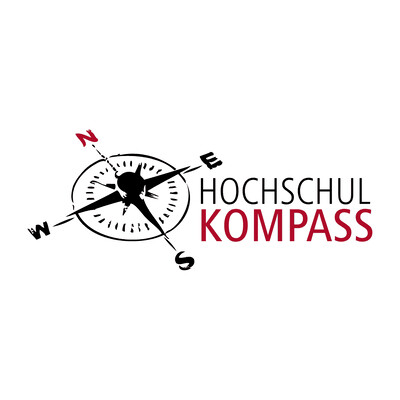Latin Studiesfull time
- Degree
- Bachelor of Arts
- Bachelor
- Standard period of study (amount)
- 6 semesters
- Location
- Marburg
- Deadlines
- Please enquire
Overview and admission
Study Type
undergraduate
Admission semester
Summer and Winter Semester
Area of study
- Latin Studies
- Cultural Studies
Focus
Overview of ancient literature from Homer to late antiquity and learning the most important genres and philosophical currents, Acquisition of a basic methodological and conceptual tool kit in the field of ancient literary studies, Introduction to the most important tools (standard works, dictionaries, digital corpora, etc.), Acquisition of basic language skills by building up a basic vocabulary and grammatical repetition, Basic training in general and historical linguistics and cultural studies, Learning of linguistic peculiarities of both prosaic and poetic texts and acquisition of various methods of text interpretation
Annotation
Major subject in combination Bachelor's degree course - only possible in combination with one or two minor subjects Standard period of study: 6 or 8 semesters (depending on combination) Further information on the structure of the combination Bachelor's degree course can be found here:https://www.uni-marburg.de/de/studium/studieninteressierte/studienmoeglichkeiten/kombibachelor Students of the major subject sub-course "Latin Studies" review central texts and authors of ancient Latin literature and are able to classify them in terms of literary and cultural history. They can understand and emphasise the importance of this literature for the development of European intellectual history. As a student, you will learn the ability to analyse Latin texts of medium to advanced language level using different philological methods and to interpret and translate them using relevant tools, taking into account their historical conditions of origin. The research focus of Classical Philology in Marburg offers you an intensive study of a) the canonical texts of Roman antiquity, on which the European cultural traditions in the sciences, literature, the arts and philosophy are based, and their historical contextualisation; b) with the central guidelines and phases of the reception of antiquity in the Middle Ages, the Modern Age and modernity. An integral part of the degree course is the MarSkills programme, in which you acquire attractive and future-oriented key skills (see https://www.uni-marburg.de/de/fb09/igs/arbeitsgruppen/sprechwissenschaft/marskills/was-ist-marskills).
Admission requirements
https://www.uni-marburg.de/de/studium/studienangebot/bachelor/hauptfach/latinistik
Lecture period
- 22.04.2025 - 25.07.2025
- 13.10.2025 - 13.02.2026
Application deadlines
Summer semester (2025)
Application deadline for Germans and inhabitants
Application deadlines: https://www.uni-marburg.de/bewerbungsfristen
Deadlines for International Students from the European Union
Application deadlines: https://www.uni-marburg.de/bewerbungsfristen
Deadlines for international students from countries that are not members of the European Union
Application deadlines: https://www.uni-marburg.de/bewerbungsfristen
Enrollment deadline for Germans and foreign students
Application deadlines: https://www.uni-marburg.de/bewerbungsfristen
Winter semester (2025/2026)
Application deadline for Germans and inhabitants
Application deadlines: https://www.uni-marburg.de/bewerbungsfristen
Deadlines for International Students from the European Union
Application deadlines: https://www.uni-marburg.de/bewerbungsfristen
Deadlines for international students from countries that are not members of the European Union
Application deadlines: https://www.uni-marburg.de/bewerbungsfristen
Enrollment deadline for Germans and foreign students
Application deadlines: https://www.uni-marburg.de/bewerbungsfristen
Tuition fees
Tuition fees
Currently, the German federal state of Hesse does not charge tuition fees.
Languages of instruction
Main language
German

